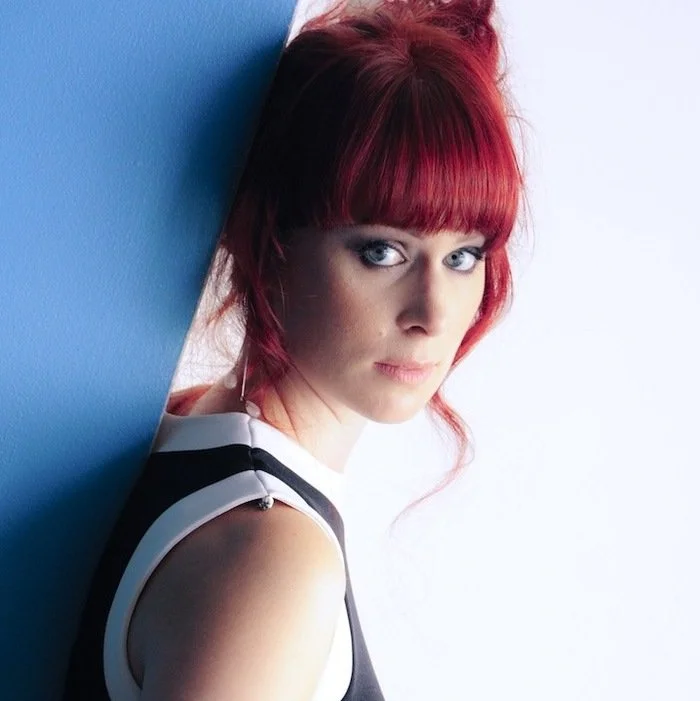Interviewing E J Swift
Hellooo!
I recently reviewed the stunning The Coral Bones by E J Swift a wonderful tale exploring our ever-changing relationship between humanity and nature over several hundred years. Not just the best SF novel I’ve read this year but one of the best SF novels I have read in terms of its subject, approach and the beauty of the writing. I was delighted to have an opportunity to ask Ej Swift about his story and what else we can look forward to in the future. GO get this book on your shelves!
How do you like to booktempt The Coral Bones?
Three women, across three centuries, connected by a love of the ocean - and meeting some of its weird and wonderful inhabitants along the way!
What drew you to the theme of exploring our relationship with nature?
I’ve always loved nature and animals. When I was very young I wanted to be a vet (I would have been terrible - far too squeamish); these days I’m happiest when I’m outdoors, close to trees and birds and catching a glimpse of the local foxes. So I think it was inevitable my writing would lead here eventually. My first trilogy, The Osiris Project, was influenced by climate breakdown, which of course is inextricably linked with the biodiversity crisis. I touched on these subjects in some of my short fiction (The White Fox and the Red; and The Endling Market in particular) but it wasn’t until reading about the coral bleaching crisis in 2016 that the idea for a novel took root. I became fascinated by the symbiosis between the coral and the algae which lives inside the animal, and how that relationship supports so much other life - and then I was thinking about the people on the front line of that crisis, and what it must be like to witness those events.
How did your three main characters evolve? Were they all there from the start?
Hana was where the novel began. I knew I wanted to write a character who was a biologist and to explore the dynamic of having to bear witness, to do the science, whilst navigating the emotional response to seeing the animals you love under threat - in extreme cases, literally coming apart in your hands - and how that might impact on the relationships with the people you love. I had a clear trajectory for Hana from the start. Once I’d settled on the historical period, Judith also jumped into life - her voice came quickly. Telma’s character had a slower evolution, partly because there was more world-building work in the future storyline. I knew what her mission would be, but it took a little while to tease out her backstory. Once I had that, though, it opened up another angle in the three women’s experiences with different parent/child dynamics within each storyline.
The line ‘biology is art’ really struck me because how the story shows the wonder and joy of scientific discovery. Science Fiction is often showing science as cold and logical, but did you want to show another side to it?
I’m glad that came across! I feel science has definitely had a rebrand in public perception, certainly since I was at school, and today there’s a wealth of brilliantly engaging and accessible popular science writing. But I also feel that the logical, objective, sometimes telescopic approach is very much a product of modern Western science, which could gain so much from older knowledge, indigenous knowledge - the scientist and writer Robin Wall Kimmerer is brilliant on this.
I’m also really interested in how knowledge and understanding changes a person’s appreciation of and relationship to what they are studying - for example, if you know the mathematical equations behind how water flows in a river, does that make the river more or less extraordinary? Does seeing the bones of it add something, or take something away, or does it just make it something different? I think that depends on the individual, but for the characters in this novel, understanding how something works increases the wonder.
What else can we look forward to from you in the future and where can we find out more?
I have a draft of a novel which needs a big revamp. I expect I’ll keep a focus on nature - slightly closer to home this time, geographically speaking! - and I’m very interested in the rewilding movement.
You can find links to my previous novels (The Osiris Project trilogy and Paris Adrift) and also for my short fiction on my website, www.ejswift.co.uk, including a few stories which are available to read free online.
If there was one book, not your own that you wish you could get everyone to read what would it be?
The Swan Book by Alexis Wright. She’s a virtuoso writer. The Swan Book is an extraordinary exploration of the legacy of colonialism and impacts of climate breakdown unlike anything else I’ve read, particularly in the way it explores time and connection with the land.
